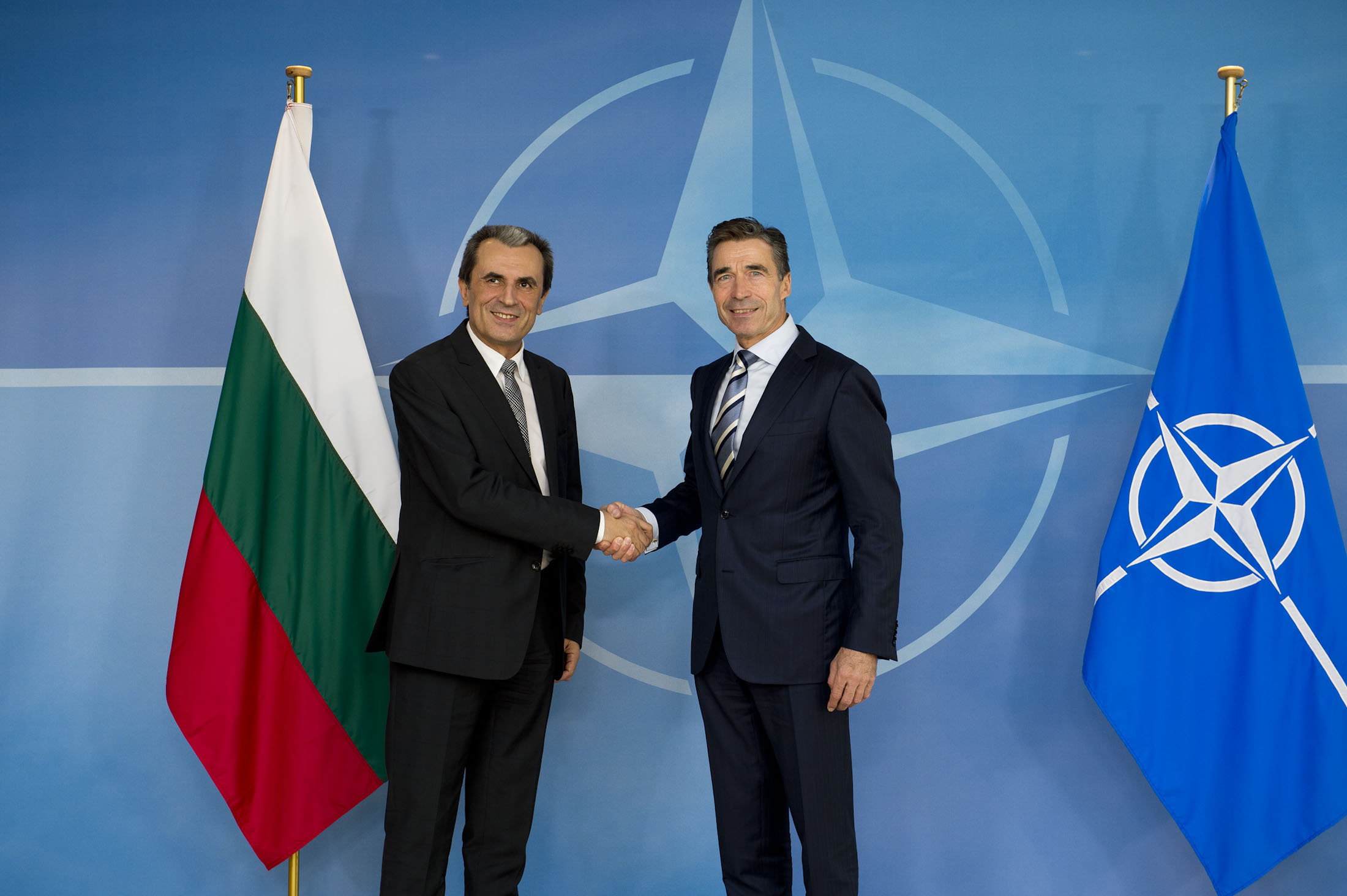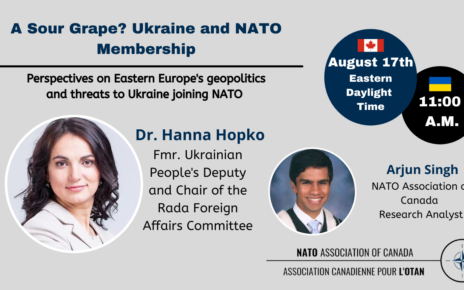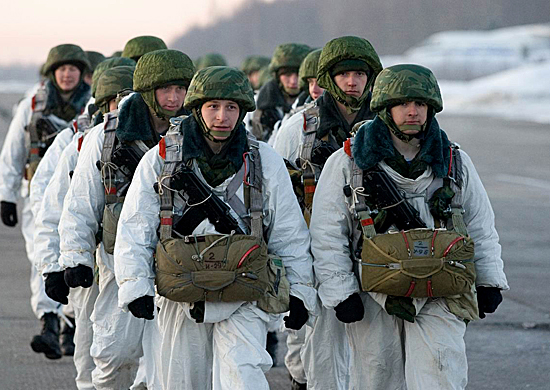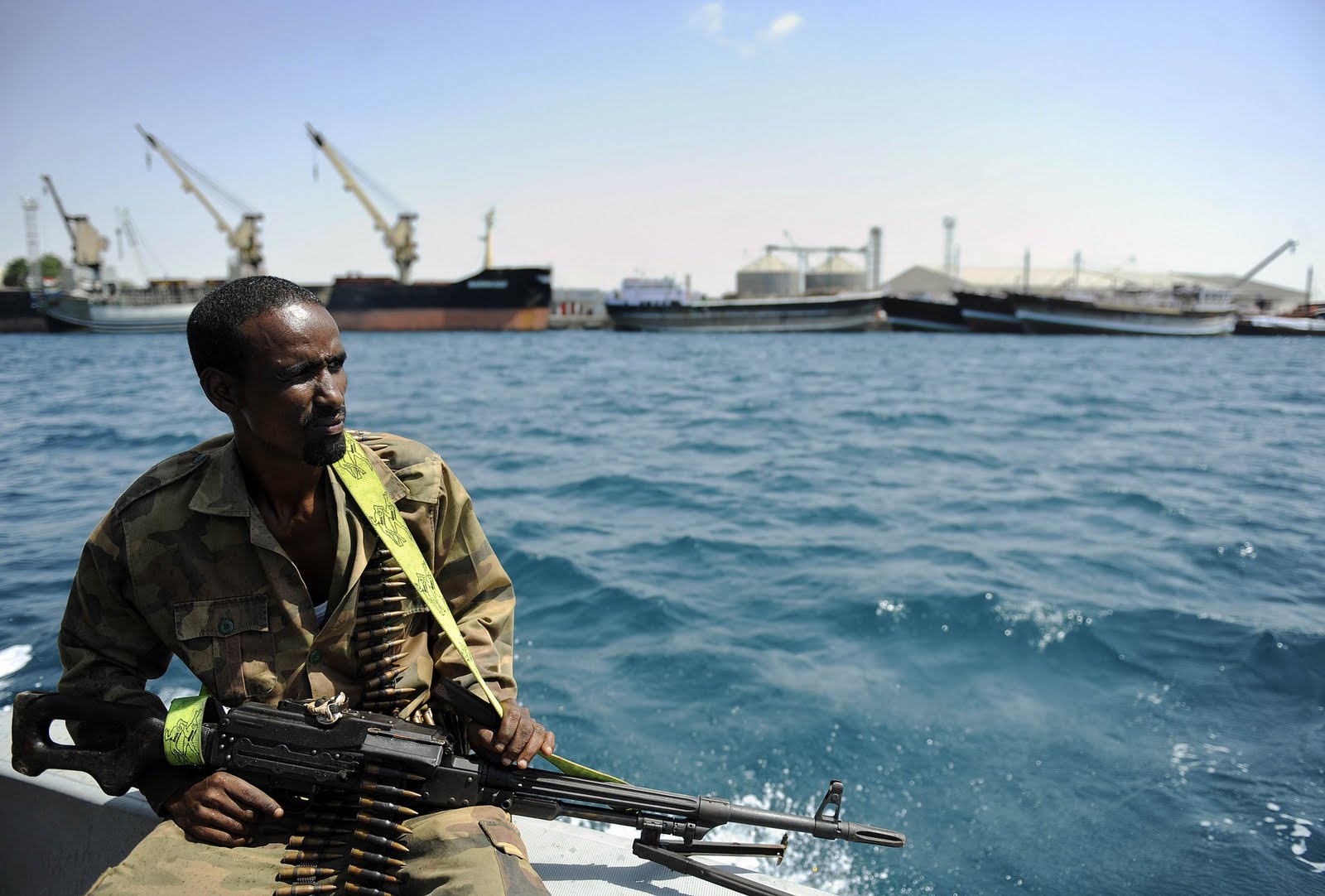Bulgaria has become a top supporter of NATO’s Building Integrity Initiative but as recent developments show, the roots of corruption run very deep in transition states.
While it may not be the most likely candidate, Bulgaria has emerged as a great contributor to NATO and Atlantic defense. In recent talks between NATO and Bulgarian Prime Minister Plamen Oresharski, NATO Secretary General Anders Fogh Rasmussen had high praise for the Southeastern European country’s commitment to building security in Europe and beyond. Rasmussen discussed the important contributions Bulgarian troops are currently making in both Kosovo and Afghanistan, where Bulgaria currently has 383 troops stationed, down from over 600 a little over a year ago. Rasmussen applauded Bulgaria’s support to Smart Defence, particularly the Bulgarian government’s backing of the shared project to provide C-17 heavy transport aircraft which is a vital link to Allied troops on operations.
Where Bulgarian contributions to NATO perhaps stand out the most is the country’s keen support of NATO’s Building Integrity Initiative (BI) which helps to reduce the risk of corruption in the defence and security sector. The Euro-Atlantic Partnership Council established BI in November 2007 and within the wider framework of the Partnership Action Plan on Defence Institution Building it seeks to raise awareness, promote good practice and provide practical tools to help nations build integrity and reduce the risk of corruption. It does this by strengthening transparency and accountability in the security sector. Rather than just being a list of guidelines, NATO has attempted to make BI into an effective, “hands on” program led by the NATO Building Integrity Leadership Course. The course was established to increase BI training opportunities and was developed and is conducted in collaboration with Transparency International’s United Kingdom Defence against Corruption team.
[captionpix align=”left” theme=”elegant” width=”350″ imgsrc=”http://natoassociation.ca/wp-content/uploads/2013/07/Naydenov.jpg” captiontext=”Agricultural Minister Miroslav Naydenov has claimed he has been illegally spied on.”]
Bulgaria has become a successful contributor to BI as a result of the political will and leadership the government has demonstrated in modernizing the country’s institutions and practices. Upon coming to power in July 2009, former Bulgarian Prime Minister Boyko Borisov’s regime attempted to send a strong message that corruption would not be tolerated. Immediate transparency measures were put in place with the first step being to institutionalize the fight against ineligible practices by setting up a Standing Committee on Anti-corruption. The leaders of all structures in the Ministry of Defence are represented in the committee and have the task to develop the fundamental legal documents necessary to deal with corrupt practices. The Plan for the Development of the Armed Forces and a Long Term Investment Plan were also devised which provide a basis and strategic vision on how to manage and balance resources in the most effective manner, focusing on capabilities development and limiting the space for corruption. Additionally, an ethical Code of Conduct was developed and put into force for the military and civilian staff of the Ministry and the structures directly below the Minister of Defence and Bulgarian Armed Forces.
Procurement and supply have been identified to be the most corruption-prone area in the Bulgarian defence sector. To combat this corruption, the government has created Integrity Pacts in public procurement that bind large-scale supply-of-arms-and-equipment actors. Through the Integrity Pact, the Minister of Defence undertakes the commitment not to admit any malpractice and abuse of position-in-office for personal gain in performing the procedures. All activities of the Ministry are conducted under complete public scrutiny which according to Bulgarian Deputy Defence Minister Avgustina Tzetkova, has greatly contributed to improving the relations of the political leadership of the defence with the needs and expectations of the public.
The initiatives, transparency and good practices Bulgaria has put forth through BI have provided a relevant example of how a country should go about transitioning to Western institutions. Institutional and political corruption is often the most difficult aspect of political transitions and Bulgaria has demonstrated a strong will to overcome these anti-democratic practices. Despite the progress of reforms, implementation is the key and it is often where the most problems occur for states in transition. Borisov was forced to resign in February following the outbreak of nationwide protests over corruption, high energy costs and low living standards. In April, former Agricultural Minister Miroslav Naydenov claimed that since taking office, he had been illegally spied on by former Interior Minister Tsvetan Tsvetanov who had also been spying on other members of the Cabinet along with President Rosen Plevneliev and many other senior officials. These comments came shortly after several charges were levied against Naydenov himself for bribery and abuse of power.
These recent allegations and political unrest illustrate that Bulgaria still has a long way to go to truly get at the roots of corruption in the government. Former Minister of Finance Plamen Oresharski just became Prime Minister at the end of May and has already inspired public protests over some of his appointments to his cabinet. The Bulgarian case shows that despite a country’s best efforts, corruption in defence and through the entire government requires many years of qualified and assertive action. Reforms often look great on paper, but they require close scrutiny and the capacity for officials to keep to them. Bulgaria has shown marked progress, but it will only continue if Oresharski can continue to build transparency in the defence sector and surround himself with the right individuals in his cabinet.




